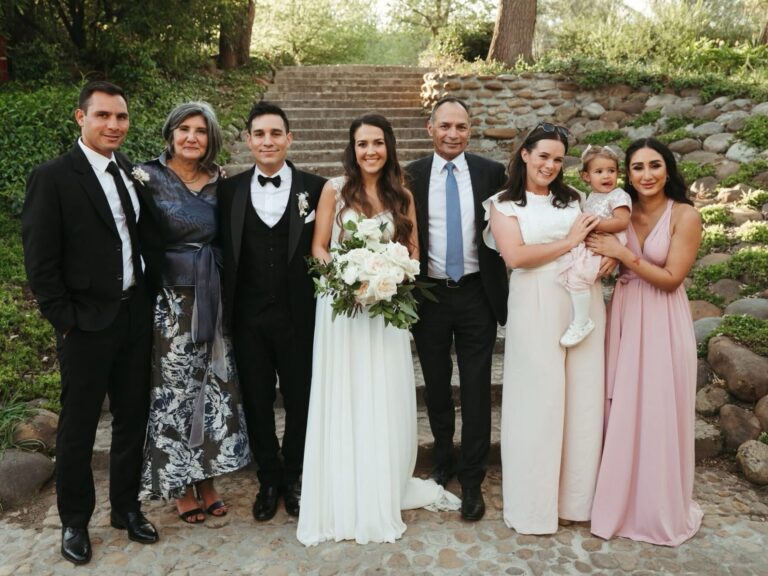Here’s a clear overview of the marriage system in Honduras, covering legal frameworks, customary practices, and recent reforms:
1. Legal Requirements & Formal Process
- Minimum Age for Marriage:
Honduras set the minimum legal age at 18 for both men and women—with no exceptions, including parental or judicial consent. This change followed a 2017 law abolishing previous allowances for minors. - Legal Recognition:
Only civil marriages are officially recognized. Religious ceremonies (e.g., in Catholic churches) may follow—but must be preceded by a valid civil union. Performing a religious-only marriage without civil registration is against the law. - Same-Sex Marriage:
The Honduran Constitution explicitly defines marriage as between one man and one woman. It prohibits same-sex marriages or unions—even those legally contracted abroad—and bans same-sex adoption. In 2021, constitutional amendments raised the threshold required to modify this provision to a three-quarters majority, making changes highly unlikely. - Polygamy & Customary Practice:
Legally, Honduras recognizes only monogamous marriage. However, social or traditional informal polygamous unions do occur in certain communities despite being unlawful. - Other Legal Conditions:
- Neither party can be currently married; proof of marriage dissolution (divorce or death certificate) is required if previously married.
- Close kinship (siblings, cousins, etc.) is prohibited.
- Two adult witnesses must be present.
- Both parties must consent freely and be mentally capable. Forced marriages are criminal offenses.
- Property Regime (Marriage Contract):
Couples may stipulate their marital property regime in a marriage settlement: options include absolute community of property, partnership of gains, or complete separation of property. If no arrangement is declared, the default is absolute community of property.
2. Cultural & Traditional Practices
- Common Marriage Types:
- Free unions (common-law style) are common among younger or less financially-established couples.
- Religious ceremonies are favored by upper and middle classes and often seen as markers of social status.
- Ceremonial Traditions:
- Las arras matrimoniales (wedding coins): Typically 13 coins (12 gold, 1 platinum) symbolizing months of the year and giving back; gifted by padrinos (sponsors) during the ceremony.
- Wedding Lasso (El Lazo): A cord or rosary wrapped in a figure-eight around the couple to symbolize unity—common in Catholic weddings.
- Wedding Celebrations:
Honduran weddings are festive, often starting at night and extending into the early morning, filled with dancing (samba, merengue, bachata, cumbia)—accompanied by traditional food, drinks (often including pinol), and music.
3. Special Context: Próspera Autonomous Zone (ZEDE)
- In Próspera, a special economic zone with autonomous legal powers, marital law differs from national Honduran law:
- Couples may enter marital agreements and register their marriage under Próspera’s Personal Registry.
- Dispute resolution—including divorce or enforcement of marital agreements—is handled via arbitration (Próspera Arbitration Center).
- They issue their own marriage certificates and operate under a distinct legal framework.
4. Social Issues: Child & Forced Marriage
- Child Marriage Prevalence:
- Despite the 2017 legal ban, ~34% of women aged 20–24 were married before 18, with rural and poorer communities more affected.
- The disparity is stark: Rural areas show ~42% prevalence, while urban areas are around 25%.
- Forced Marriage:
Considered a form of human trafficking under Honduran law and punishable by 10–15 years in prison. However, enforcement is often weak, especially in rural and impoverished regions. Proxy marriages (where one spouse is represented by another) are also permitted under certain conditions



